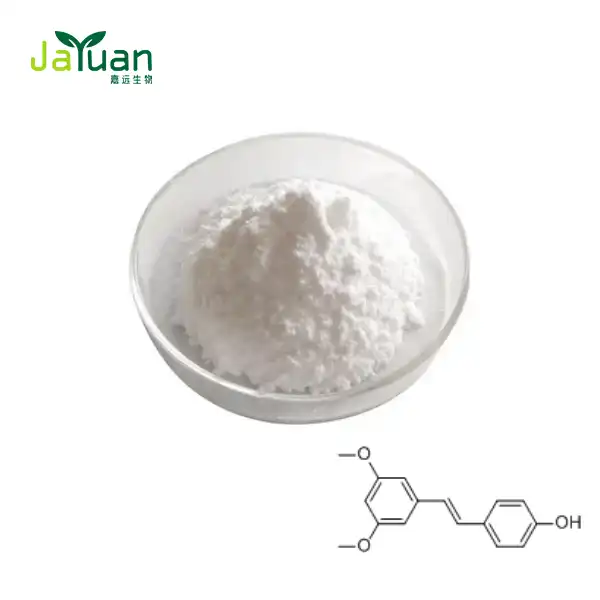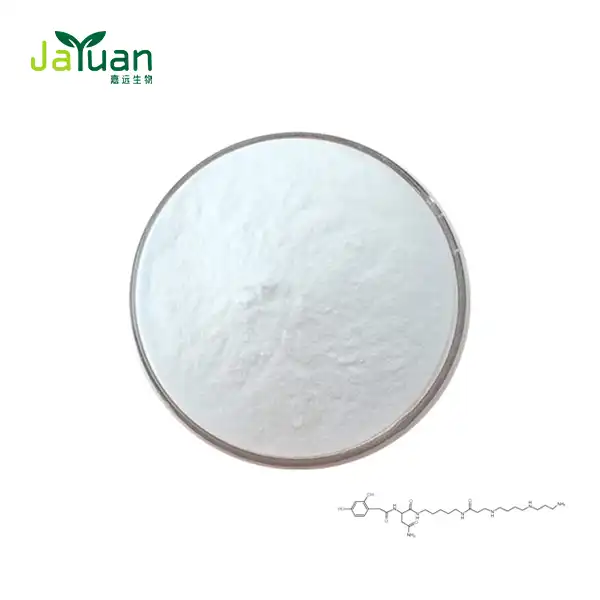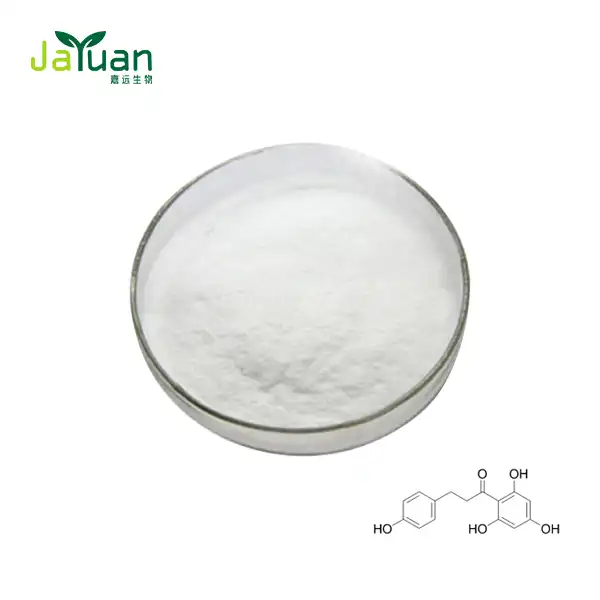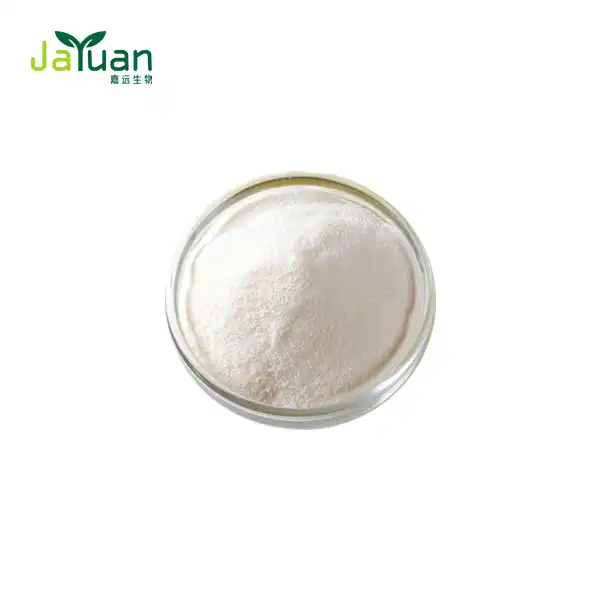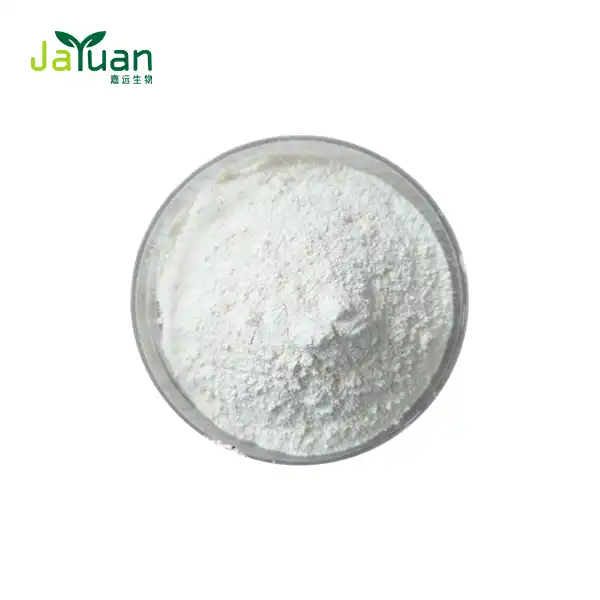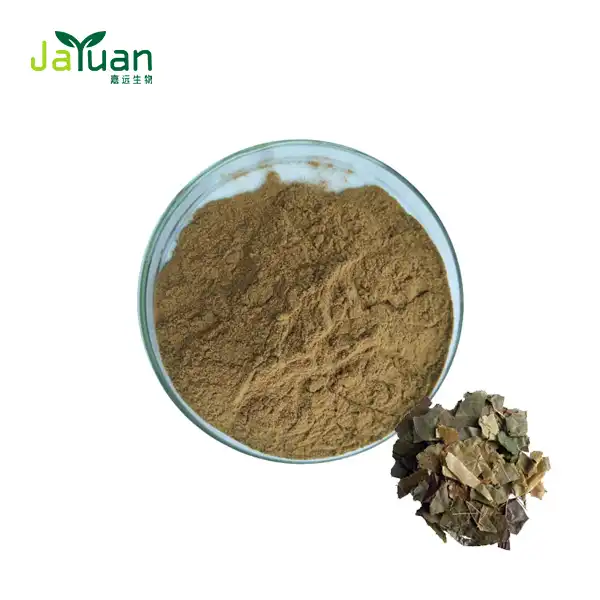What does curcumin taste like?
In wellness circles, curcumin, the vibrant yellow compound in turmeric, is a popular topic because it has been increasingly recognized for its potential health benefits. However, have you ever considered the taste of curcumin? We will examine curcumin's flavor profile in this article, which is frequently described as earthy with a hint of bitterness. This flavor can have an impact on how it is used in cooking, giving dishes a unique depth. Additionally, we will highlight how curcumin powder bulk can be incorporated into daily routines by discussing various culinary and supplement applications. We'll also look at how to buy curcumin powder in large quantities, which can be a cost-effective way for people who want to get the most out of it. Understanding the taste and applications of curcumin can be extremely helpful, whether you're a foodie experimenting with flavors or a health-conscious consumer looking to improve your health.
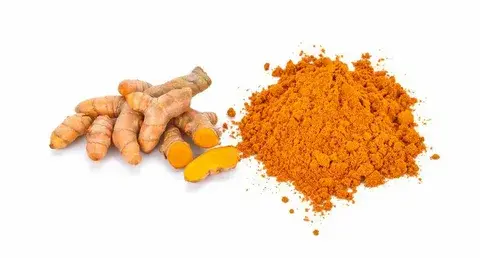
The Unique Flavor Profile of Curcumin
Curcumin, derived from the turmeric root, has a distinct taste that can be described as earthy, slightly bitter, and mildly pungent. The flavor is often compared to that of ginger or mustard, with a subtle warmth that lingers on the palate. However, it's important to note that the taste of curcumin can vary depending on its concentration and the form in which it's consumed.
When tasting pure curcumin powder, you might experience:
- An initial earthy flavor
- A mild bitterness that develops on the tongue
- A subtle warmth or heat sensation
- A slightly peppery aftertaste
It's worth mentioning that the taste of curcumin extract powder bulk is generally less pronounced than that of raw turmeric root or ground turmeric powder. This is because curcumin is a concentrated extract, and the other compounds present in whole turmeric contribute to its more complex flavor profile.
Culinary Applications and Taste Considerations
While curcumin powder bulk is primarily used for its potential health benefits, it can also be incorporated into various culinary creations. However, due to its distinct flavor, it's essential to use curcumin thoughtfully in cooking to achieve a balanced taste. Here are some tips for using curcumin in your culinary adventures:
1. Start small: Begin with small amounts of curcumin powder bulk and gradually increase to suit your taste preferences.
2. Pair with complementary flavors: Curcumin works well with ingredients like ginger, black pepper, and coconut milk, which can help balance its earthy notes.
3. Incorporate into savory dishes: Add curcumin to soups, stews, curries, and rice dishes for a subtle depth of flavor.
4. Blend into smoothies: Mix curcumin powder into fruit or vegetable smoothies to mask its taste while reaping its potential benefits.
5. Create golden milk: Combine curcumin with warm milk, honey, and spices for a soothing and flavorful beverage.
Remember that the taste of curcumin powder bulk can be more pronounced when used in its pure form, such as curcumin powder bulk. In contrast, when curcumin is part of a whole turmeric powder or used in small amounts in recipes, its flavor may be less noticeable.
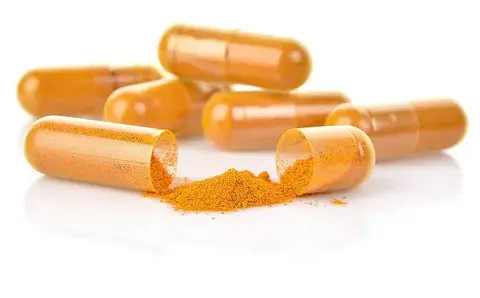
Curcumin Powder Bulk: Taste Considerations and Applications
When dealing with curcumin extract powder, it's important to understand how its taste can impact various applications. Here are some key points to consider:
Supplementation
Many people choose to consume curcumin extract powder bulk as a dietary supplement. In this case, the taste may be a concern for some individuals. To address this, consider the following options:
- Encapsulation: Fill empty capsules with curcumin powder bulk to avoid tasting it directly.
- Mixing with food: Incorporate the powder into yogurt, applesauce, or other foods to mask the flavor.
- Flavored supplements: Look for curcumin supplements that come in flavored versions to improve palatability.
Food and Beverage Industry
Manufacturers using curcumin powder bulk in their products must carefully consider its taste impact. Some strategies include:
- Flavor masking: Develop formulations that counteract or complement the taste of curcumin powder bulk.
- Microencapsulation: Use technology to encapsulate curcumin particles, reducing their impact on taste.
- Balanced formulations: Create products where curcumin's flavor contributes positively to the overall taste profile.
Cosmetic and Skincare Applications
While taste is less of a concern in topical applications, the scent of curcumin can still be noticeable. Manufacturers may:
- Use fragrances to mask or complement the natural scent of curcumin.
- Formulate products where the curcumin scent is minimal or perceived as pleasant.
Curcumin's flavor and how to use it are important for both manufacturers and consumers. Curcumin has a distinct flavor profile that includes earthy, a little bit bitter, and a little bit pungent notes. It is known for its vibrant yellow color and potential health benefits. This flavor profile can be an important factor in ensuring that curcumin powder's incorporation into meals or supplements remains palatable for people who use it in bulk for personal health reasons. In a similar vein, when developing commercial products, manufacturers must take into account this flavor in order to preserve flavor harmony and ensure customer satisfaction.
Curcumin can be effectively incorporated into your diet or products without overwhelming your taste buds. For instance, curcumin's bitterness can be disguised by including it in sauces, curries, or smoothies. It can enhance the overall flavor experience if used thoughtfully in small quantities or when combined with ingredients that complement one another. You can enjoy curcumin's potential health benefits and create flavorful, healthy dishes and products by gaining an understanding of its flavor and experimenting with its application.
Don't hesitate to contact us at sales@jayuanbio.com if you're interested in learning more about curcumin powder bulk or other plant extracts. High-quality products and custom formulations to meet your specific requirements are always available from our team of experts.
References
1. Prasad S, Aggarwal BB. Turmeric, the Golden Spice: From Traditional Medicine to Modern Medicine. In: Benzie IFF, Wachtel-Galor S, editors. Herbal Medicine: Biomolecular and Clinical Aspects. 2nd edition. Boca Raton (FL): CRC Press/Taylor & Francis; 2011. Chapter 13.
2. Hewlings SJ, Kalman DS. Curcumin: A Review of Its Effects on Human Health. Foods. 2017;6(10):92. Published 2017 Oct 22. doi:10.3390/foods6100092
3. Grynkiewicz G, Ślifirski P. Curcumin and curcuminoids in quest for medicinal status. Acta Biochim Pol. 59(2):201-212.
4. Sharma RA, Gescher AJ, Steward WP. Curcumin: the story so far. Eur J Cancer. 2005;41(13):1955-1968. doi:10.1016/j.ejca

